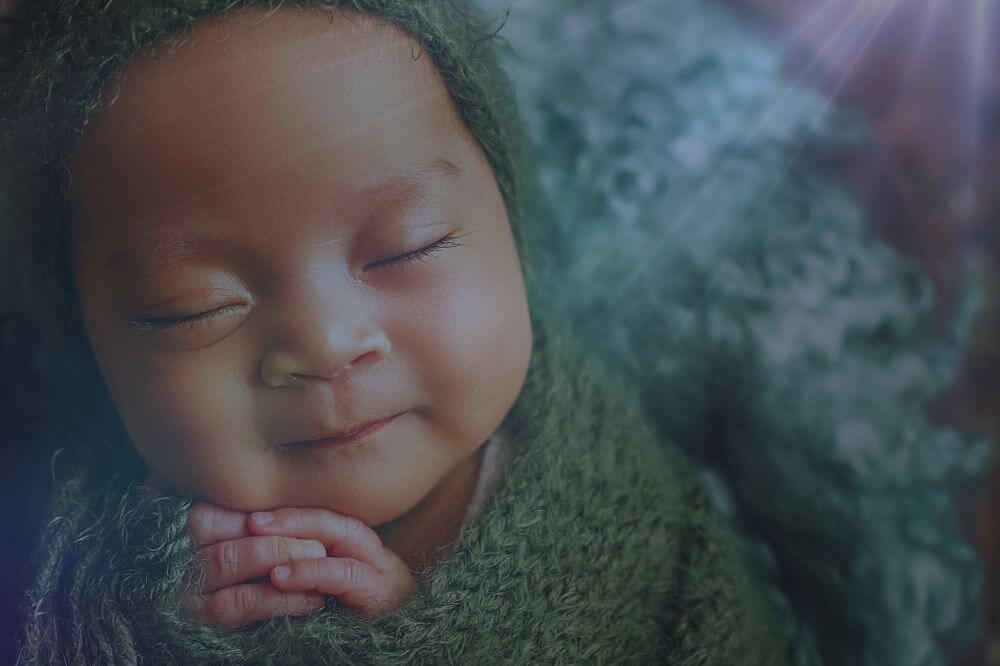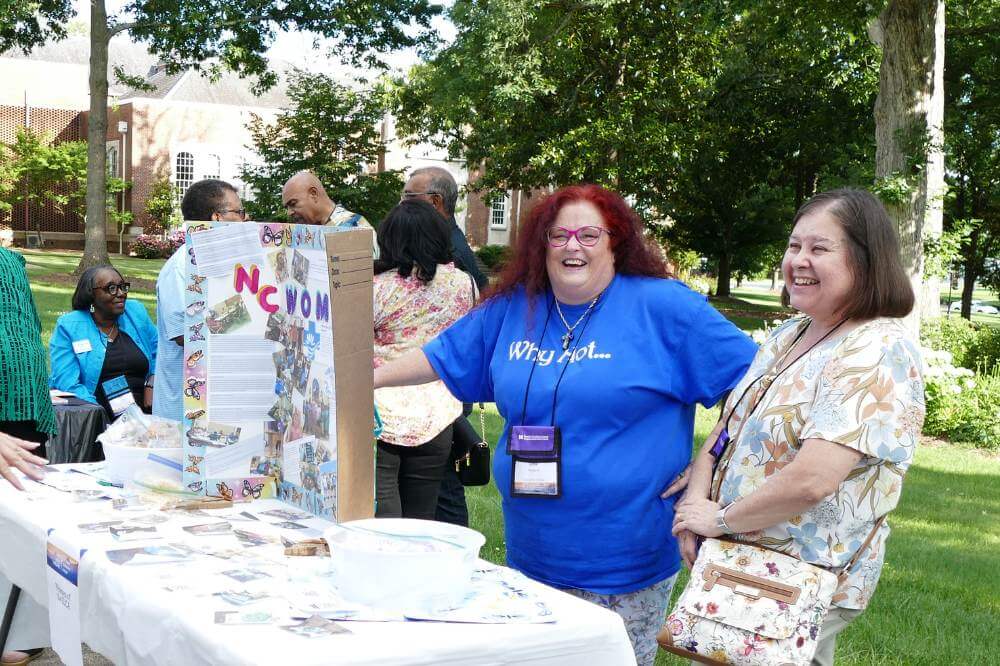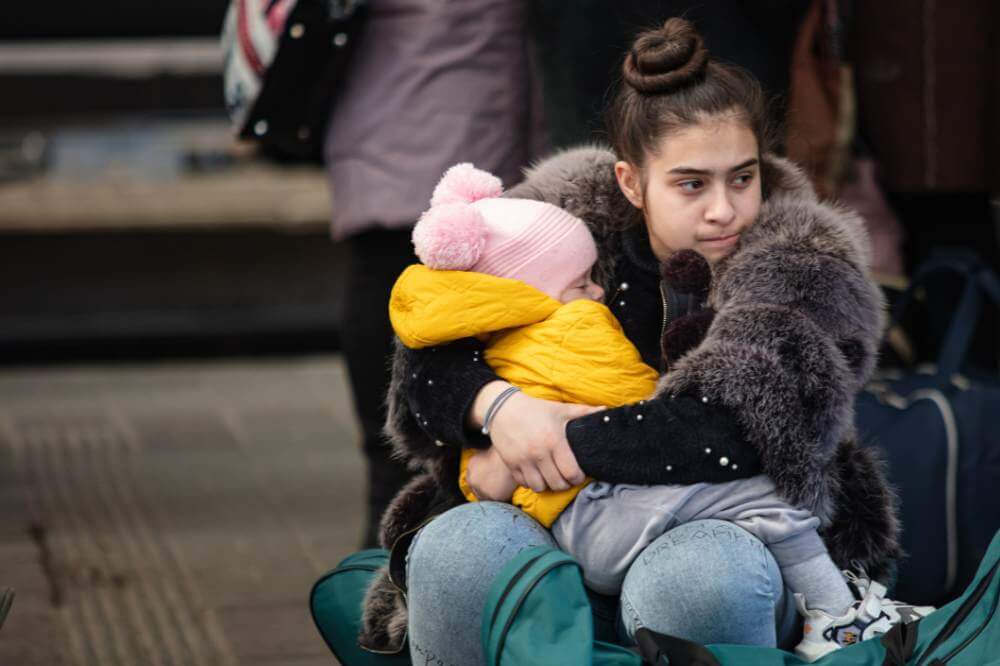We, as North American Christians, take so much for granted. Most of us were born into a Christian home. Many of us had parents and grandparents who passed along the faith. Few have ever been persecuted for our Christian beliefs and values. We take for granted the fact that, on any given Sunday morning, we can wake up and make a choice about whether or not we go to worship. But allow me to share with you about a place where that has not always been the case.
The country is Papua New Guinea (PNG). The year is 1922. The first American Lutheran missionaries, Edward and Adina Piatt, with their daughter Lois, arrive in this foreign land where 800 different tribal languages are spoken. They witness a primitive culture where cannibalism is still practiced. They live and work in a place where the terms “Luther League,” “WELCA” and “pot-luck suppers” are foreign words.
Fast forward to the year 1988. The Evangelical Lutheran Church in America (ELCA) is born out of a merger of three different church bodies. Part of the vision and dream is that all 65 synods of the ELCA have a companion or partner synod somewhere else in the world. The North Carolina Synod is assigned the Yabim District of the Evangelical Lutheran Church in Papua New Guinea and a beautiful relationship is born. In the past 36 years, we have exchanged prayers, camp counselors, resources, and visits from our bishops and staff. And it has been the support of our congregations that has made this relationship possible.
You may be wondering what has happened in Papua New Guinea since the Piatt family arrived in 1922 to make such a relationship a reality. Today 90% of those who live in PNG are Christian. And 25% of those are Lutheran. The Lutherans are the largest Protestant presence in this country which did not gain its independence until 1975.
The interesting fact about those first missionaries who arrived in 1922 is that they struggled for years and years to learn the languages and culture and build the trust level to be able to share the good news of the gospel. The first baptism did not take place for almost ten years after they arrived. And there is a very powerful, true story that is told in PNG about an experience that led to that first baptism.
It seems that in the 1930’s there was still much fighting between the tribes or family clans that make up this country. The custom or tradition that led to peace was that when two tribes could not achieve peace through fighting and warfare, they would exchange a baby from one tribe to the other. In other words, when a truce was called, the first baby born in one tribe would be given to the other tribe to raise and nurture; the tribe that received the baby would do the same, giving their firstborn to the other. This custom worked through the agreement that as long as these children lived, there would be no fighting between the tribes. They called it the exchange of the “Peace Child.”
Well, when the first Lutheran missionaries learned of this custom, they had an “ah-ha” experience, and a breakthrough was made. They picked up on this notion of a Peace Child, and they explained to the locals that Jesus is God’s Peace Child. They shared that God gave God’s only son to live and die and rise again so that we might live in peace. And since that day, millions of Papua New Guineans have come to know Jesus Christ as the “Peace Child.”
As we celebrate God’s presence during this season of Epiphany, we are reminded that through the waters of Baptism, we are called, gathered, and sent for the sake of the world. For Jesus Christ is our Epiphany. Jesus Christ is our Peace Child.
Thankful for our partnership,
Pastor Phil Tonnesen,
Acting Bishop, NC Synod, ELCA





